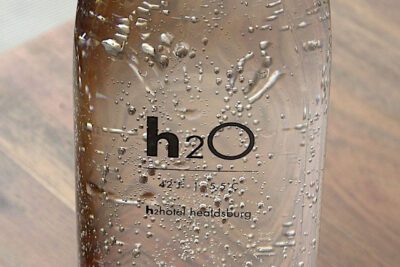

As a cat owner, you may have wondered if it's safe for your feline friend to eat dog food. While cats are capable of digesting dog food, it is important to understand that dog food is specifically formulated for the nutritional needs of dogs, not cats. Cats have unique dietary requirements that differ from those of dogs, and feeding them dog food on a regular basis can have negative consequences for their health.
Feeding your cat dog food can pose several risks to their health. One of the main concerns is that dog food does not provide the necessary nutrients that cats need to thrive. Cats require a diet that is higher in protein and specific nutrients like taurine, arachidonic acid, vitamin A, and niacin. These nutrients are essential for their overall health and well-being.
Another risk of feeding cats dog food is that dog food is typically higher in carbohydrates. Cats are obligate carnivores, which means that their bodies are designed to primarily digest and metabolize animal protein. They do not have the same need for carbohydrates as dogs do. Feeding cats a diet high in carbohydrates can lead to weight gain, obesity, and other health issues.
There are several key differences between cat and dog food when it comes to their nutritional composition. Cat food is formulated to meet the specific dietary needs of cats, while dog food is formulated for dogs. Cat food is typically higher in protein and fat, while dog food tends to be higher in carbohydrates.
Cats require a higher protein content in their diet because they have a higher protein turnover rate compared to dogs. Protein is essential for muscle development, tissue repair, and overall growth in cats. Additionally, cats have a higher requirement for certain nutrients like taurine, arachidonic acid, vitamin A, and niacin, which are not present in sufficient amounts in dog food.
Feeding cats dog food on a regular basis can lead to several health issues. One of the most common health problems associated with feeding cats dog food is nutritional deficiencies. Dog food does not provide the necessary nutrients that cats need to thrive, which can result in a range of health issues, including poor coat condition, weakened immune system, and digestive problems.
Another health issue that can arise from feeding cats dog food is obesity. Dog food is typically higher in carbohydrates, which cats do not need in large quantities. Feeding cats a diet high in carbohydrates can lead to weight gain and obesity, which in turn can increase the risk of other health problems such as diabetes, heart disease, and joint issues.
When it comes to choosing the right diet for your cat, it is important to prioritize their specific nutritional needs. Cats require a diet that is high in animal protein, moderate in fat, and low in carbohydrates. It is best to opt for a cat food that is specifically formulated for cats and meets the nutritional guidelines set by veterinary professionals.
There are three main types of cat food available: dry, canned, and raw. Dry cat food is convenient and can be left out for cats to graze on throughout the day. Canned cat food is higher in moisture content, which can help with hydration. Raw cat food is a controversial option and should only be fed under the guidance of a veterinarian.
If your cat accidentally eats dog food, there is no need to panic. One small meal of dog food is unlikely to cause any immediate harm to your cat. However, it is best to monitor your cat for any signs of digestive upset or discomfort.
If you are concerned about your cat's health or if they have consumed a significant amount of dog food, it is recommended to consult with a veterinarian. They can provide guidance and advice based on your cat's specific situation and help ensure their health and well-being.
When it comes to your cat's diet, it is always best to consult with a veterinarian. They can provide personalized dietary advice based on your cat's age, weight, health condition, and specific nutritional needs. A veterinarian can help you choose the right cat food and ensure that your cat is receiving all the necessary nutrients for optimal health.
In conclusion, while cats are capable of digesting dog food, it is not recommended to feed them dog food on a regular basis. Dog food does not meet the specific nutritional needs of cats and can lead to health issues in the long term. It is important to prioritize your cat's health and choose a diet that is specifically formulated for cats.
Related posts